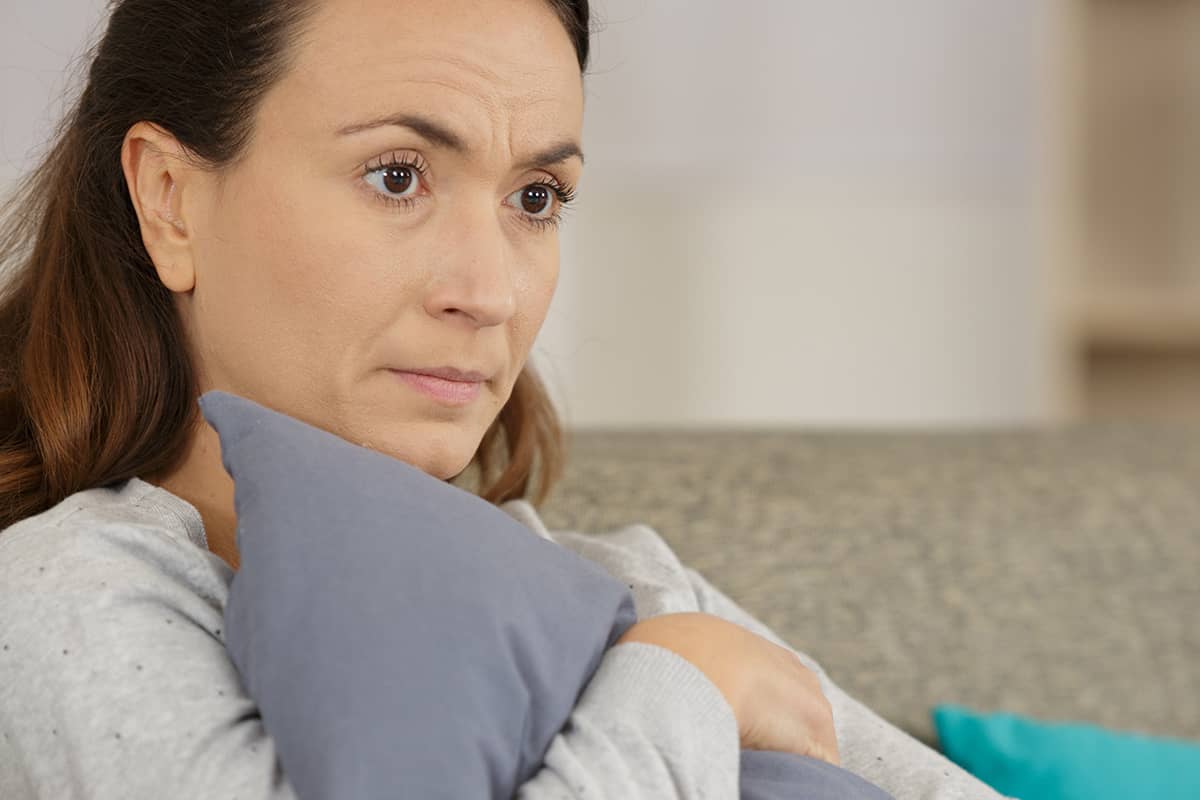Naloxone is a type of injection provided in an emergency situation to stop an opioid overdose from occurring. It is powerful enough to reverse many life-threatening conditions resulting from using opiates but is never guaranteed to be effective. This drug has other uses, but for those who struggle with opioid addictions, this opioid antagonist is often a life-saving measure applied when an overdose occurs. At Colorado Medication Assisted Recovery, our team of professionals provides support for those in recovery from opioid addiction with medication and counseling.
How Does Naloxone Work?
This medication works very rapidly to reverse the effects of opioids. As such, it is called an opioid antagonist. That means it binds to the opioid receptors in the brain. As it does, it stops the effect the other opioids in a person’s body is having.
For example, those consuming too much heroin or pain medication may have shallow, slowed breathing that limits the amount of oxygen reaching the body’s organs. When Naloxone is used, it can stop the effect that the drug is having, allow for normal respirations – or improvements – to occur. It may help in situations where a person has shallow or very little breathing or, in some cases, when a person stops breathing.
This drug is given in an injection. A Naloxone injection comes with a specific amount of the drug in a liquid solution. It needs to be injected into a vein or can be injected directly into the muscle. Emergency medical providers and police officers often use these pre-filled auto-injection devices that contain the drug.
A person who is engaging in drug use will be unable to use the injection themselves due to their health state. For those who are considering using it as a way to prevent overdose death while getting high, this is never recommended and rarely is successful.
What to Consider When an Overdose Occurs
If an overdose occurs, a person needs to receive emergency medical help immediately. While Naloxone works to reverse the effects of the opioid in the system, it cannot treat addiction, nor can it help to stop dependence on these drugs. In addition, it may not continue to work especially if the dose of opioids taken continues to increase.
For those with a loved one struggling with opioid addiction, treatment in a professional setting is critical. It may help to save a person’s life to administer this injection. However, because of how powerful these drugs are, that individual may not be able to stop using opioids on his or her own. Professional treatment, using other medications and psychotherapy, can provide the support a person needs.
How to Get Help for Opioid Addiction and Dependence
There are solutions for drug addiction, including for those who have overdosed previously. At Colorado Medication Assisted Recovery, we offer a range of therapies that provide outstanding one-on-one support in a safe environment. For those looking for medication-assisted treatment on an outpatient basis, our team can offer help.
Some of our programs and treatment options include:
- Men’s drug rehab program
- Women’s drug rehab program
- Medication-assisted treatment program
- Telehealth treatment programs
- Suboxone treatment programs
For those who are using this drug as a way to prevent death due to increased opioid use, there is help available that can help a person reclaim their life. Our programs fit your schedule and can help you build the tools you need for lasting recovery.
Invest in Treatment at Colorado Medication Assisted Recovery
Naloxone may provide a temporary solution for those who are facing an opioid overdose. Yet, it is not a solution to the problem. As an opioid antagonist, it is a powerful tool to help in emergency situations. The best way to avoid an overdose is through preventative treatment. The Colorado Medication Assisted Recovery team can help. Call 833.448.0127 or connect with us online now.


















